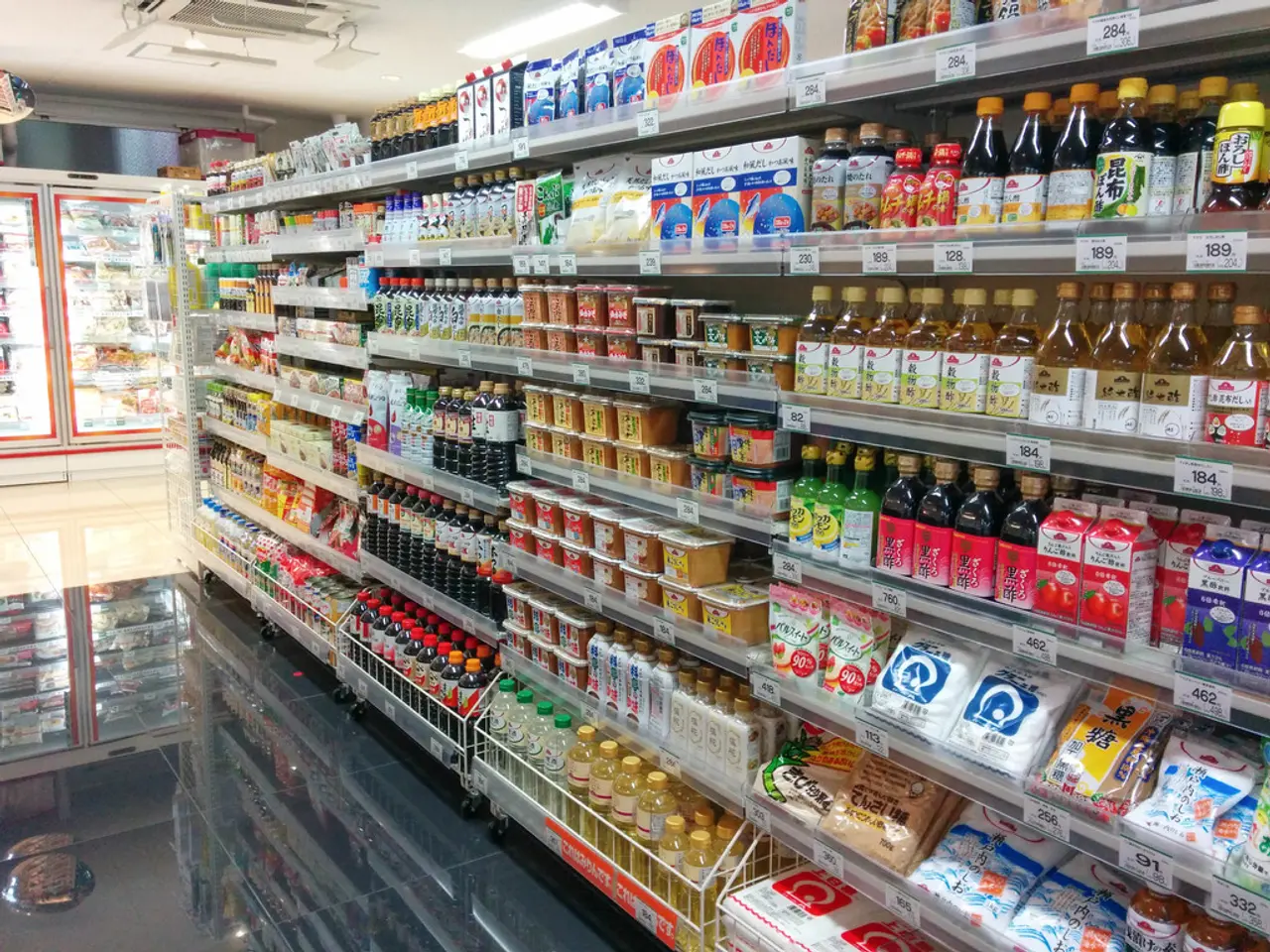Stock Purchase Recommendation: Kroger's Triumphant Points
Kroger Remains a Strong Choice for Investors Amid Economic Uncertainty
Defensive stocks, such as Kroger (KR), continue to be a reliable investment option during turbulent economic times. As a supermarket giant, Kroger benefits from consistent demand for food and everyday essentials, making it more resilient against economic downturns compared to more cyclical industries.
Kroger's Q1 2025 results demonstrate the company's resilience and operational efficiency. Although total sales dipped by 0.3%, operating profit increased by 2.2%. Identical sales, which exclude fuel, have actually grown, indicating underlying business strength.
One key factor driving Kroger's growth is the expansion of its e-commerce offerings. E-commerce sales grew 15% year-over-year, reflecting the company's successful adaptation to changing consumer shopping habits and expanding omnichannel capabilities.
Shareholder returns and financial discipline are also attractive to defensive investors. Kroger has a $7.5 billion share repurchase program underway and a dividend yield of around 2%. This combination provides income and capital return stability.
Kroger's strategic focus on fresh produce, private-label brands, and personalized customer experience aligns well with evolving consumer preferences. The planned closure of 500 underperforming stores will improve capital allocation and operational efficiency.
Analysts, such as those from Guggenheim, have recently raised Kroger’s price target, signaling confidence in its potential for good returns. Quarterly earnings estimates also show expected growth in earnings per share and revenue year-over-year.
Kroger's strong cash position provides a buffer to manage challenges such as rising interest expenses and increased healthcare costs. The company increased its cash reserves to $4.7 billion.
In comparison to competitors Walmart, Amazon, and Costco Wholesale, Kroger's price-to-sales ratio is around 0.3, indicating it is much cheaper. Its forward price-to-earnings ratio is about 15, making it an attractive investment.
However, it's worth noting that Kroger announced a $100 million impairment charge related to the planned closings of 60 locations in the next 18 months.
Kroger operates over 2,700 stores across the U.S., including brands like Fred Meyer, Ralphs, King Soopers, Harris Teeter, and Kroger. In addition, the company operates more than 2,000 pharmacies in its stores and 1,500 fuel centers.
In conclusion, Kroger's defensive retail positioning, operational discipline, growth in strategic areas like e-commerce, and commitment to returning value to shareholders through dividends and buybacks make it a solid investment choice during economic uncertainty.
Investing in Kroger (KR) offers a reliable option, even amid economic uncertainty, due to its defensive retail positioning and resilience against downturns. The company's consistent demand for food and essentials, combined with its operational efficiency, has resulted in increased operating profit, even when total sales have dipped.
Kroger's e-commerce growth, shareholder returns, and financial discipline are particularly attractive to investors, as evidenced by its $7.5 billion share repurchase program, dividend yield, and expanding omnichannel capabilities.
When compared to competitors like Walmart, Amazon, and Costco Wholesale, Kroger's lower price-to-sales and price-to-earnings ratios make it a more attractive investment, despite a recent impairment charge related to store closings.




